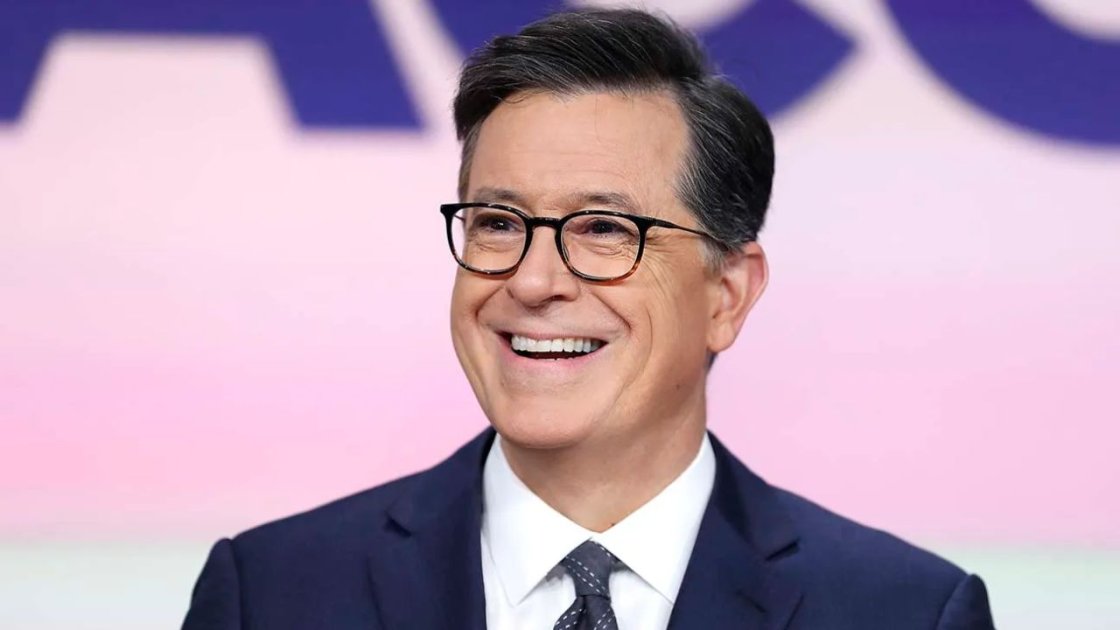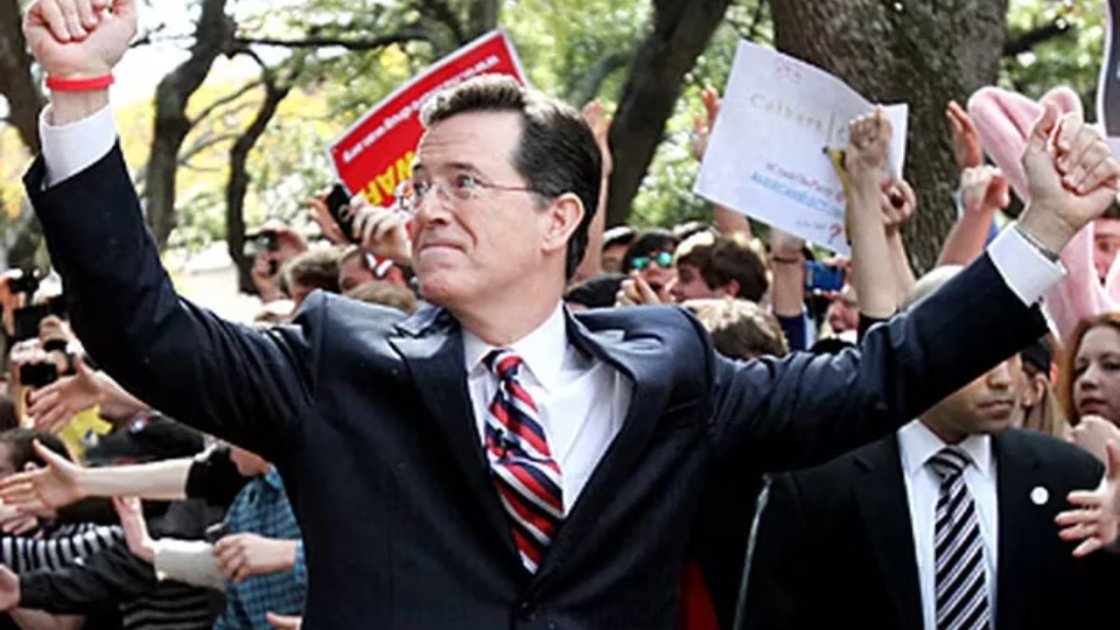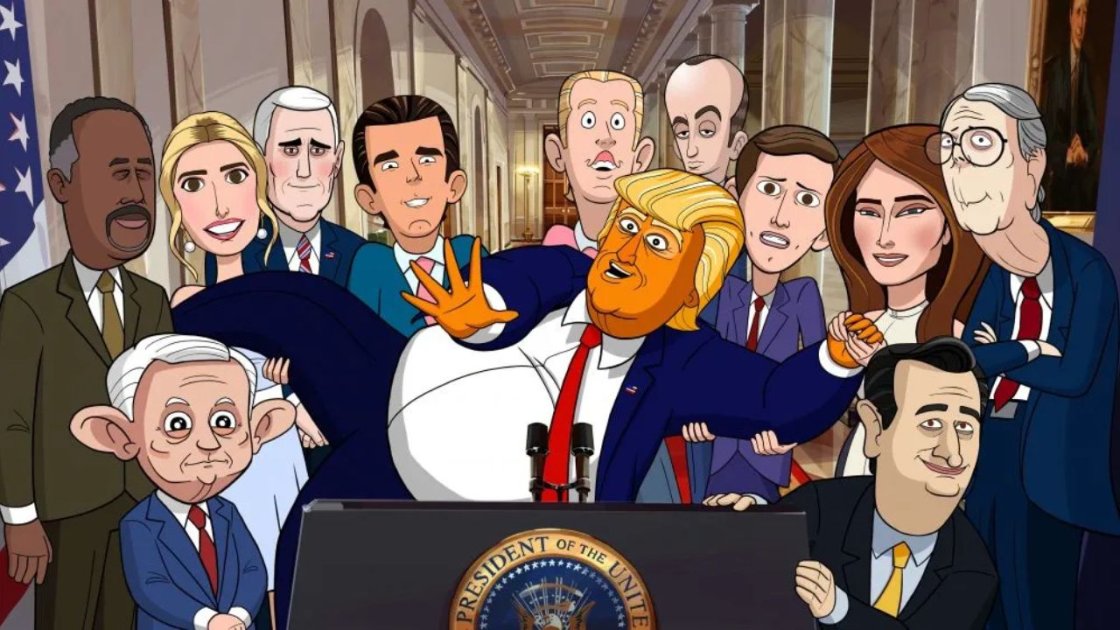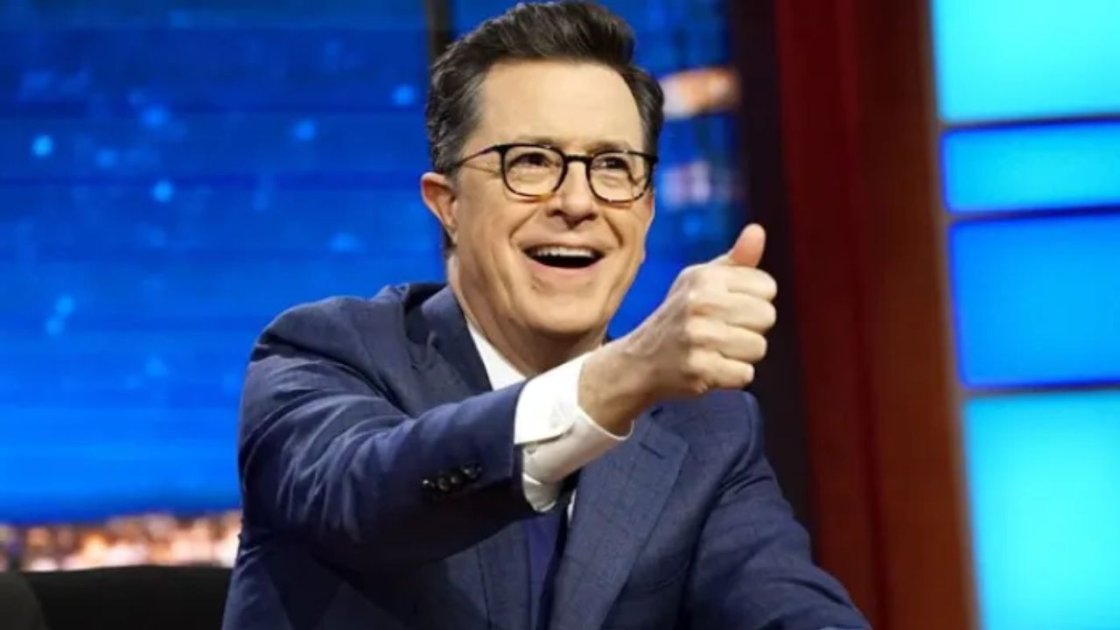
The Reverend Sir Dr. Stephen T. Mos Def Colbert D.F.A., Heavyweight Champion of the World, or Stephen Colbert, is the fictionalized persona of political satirist Stephen Colbert, as portrayed on the Comedy Central series The Daily Show and The Colbert Report, and occasionally on The Late Show with Stephen Colbert on CBS. Described as a "well-intentioned, poorly informed high-status idiot" and a "self-important right-wing commentator", the character incorporates aspects of the real Colbert's life and interests but is primarily a parody of cable news pundits, particularly former Fox News prime-time host Bill O'Reilly.
TV's Comedy Central Stephen Colbert has gained attention for not only satirizing our political system but also participating in it. Stephen's reason for the spotlight is that he satirized American campaign finance laws, he has formed his own "Super PAC" and has been using it to run humorous campaign advertisements in states along the Republican presidential primary trail. He had given his audiences a lesson about how money functioned in U.S. elections.
Also Read: Get To Know About Jimmy Fallon: The Fascinating Story Of Late-night Host Extraordinaire

In response to his style, some critics accused Stephen Colbert of making a mockery of the system while others believed that Colbert was doing a brilliant job of revealing the corrosive influence of money in politics.
The lesson began when students viewed Stephen Colbert's program about his Super PAC. Then students read and discussed the profile of Colbert's political satire. It encouraged students to discuss their views whether they would be negative or positive.
Stephen Colbert’s show, already No. 1 late night, took over the top spot among viewers ages 18 to 49, a demographic that had long been owned by Jimmy Fallon and "The Tonight Show."
Colbert's show offers its audiences an "explicative deconstruction of the day's news," and he offers it as exactly what many people want. Colbert said, "It's so confusing today," Colbert is an executive producer on Showtime's animated comedy.
Also Read: Explore Jimmy Fallon's Lip Sync Battles

Colbert added, Our Cartoon President." "And that confusion leads to anxiety, and the anxiety makes the audience want the jokes. The same reason we want to do them." The state of American political discourse is no laughing matter. Stephen Colbert said, "You shouldn't listen to us at all if you're looking for information." but the viewers of the show were drawn to comic relief as it was palatable. The satire filter for the hurricane of happenings in the public sphere, is even comforting.
Late-night comedy exacerbates differences in opinions and values with derision, instead of building bridges. As we all have seen, late-night comedy was treated as a legitimate news source by some, even before the 2016 presidential election.
According to the Pew Research Center in 2014, 10% of "online adults ' get news from The Colbert Report, the same statistics that relied on The Wall Street Journal and USA Today for the news. Additionally, the same study also revealed that more people were familiar with Colbert's show than with The Economist, NPR, or Buzzfeed. Carlos Maza of Vox argued that "political satire makes us smarter news consumers.
Also Read: Tonight Show Late Night Is Back On Monday After The Strike

Other analysts and critics suggested that late-night not only competes with the news but sometimes surpasses it in quality and range of coverage.
University of Delaware conducted a study in November 2014, among those surveyed, only 7% to 12% had heard "a lot" about the subject of the study, they mentioned they "sometimes" or "regularly" used mainstream media sources. In contrast, 22% of Daily Show viewers, 23% of Colbert Report viewers, and 29% who watched John Oliver's Last Week Tonight had "heard a lot."
there was a significant correlation between political affiliation and affinity for satirical entertainment, in Pew Study. An estimated 26% of "consistent liberals" had gotten news "about government and politics" from The Colbert Report the week before the study, compared with just 1% of "consistent conservatives."
Stephen Colbert assumed the character of a hyper-conservative pundit, in "The Colbert Report." The show was an integral subject of discussion on "The Satire Paradox," which was the concluding episode of the inaugural session of Malcolm Gladwell's popular podcast Revisionist History.
Malcolm Gladwell says, “Satire allows you to say almost anything. That’s where truth is spoken to power in our society." This episode explores the nature of satire itself.